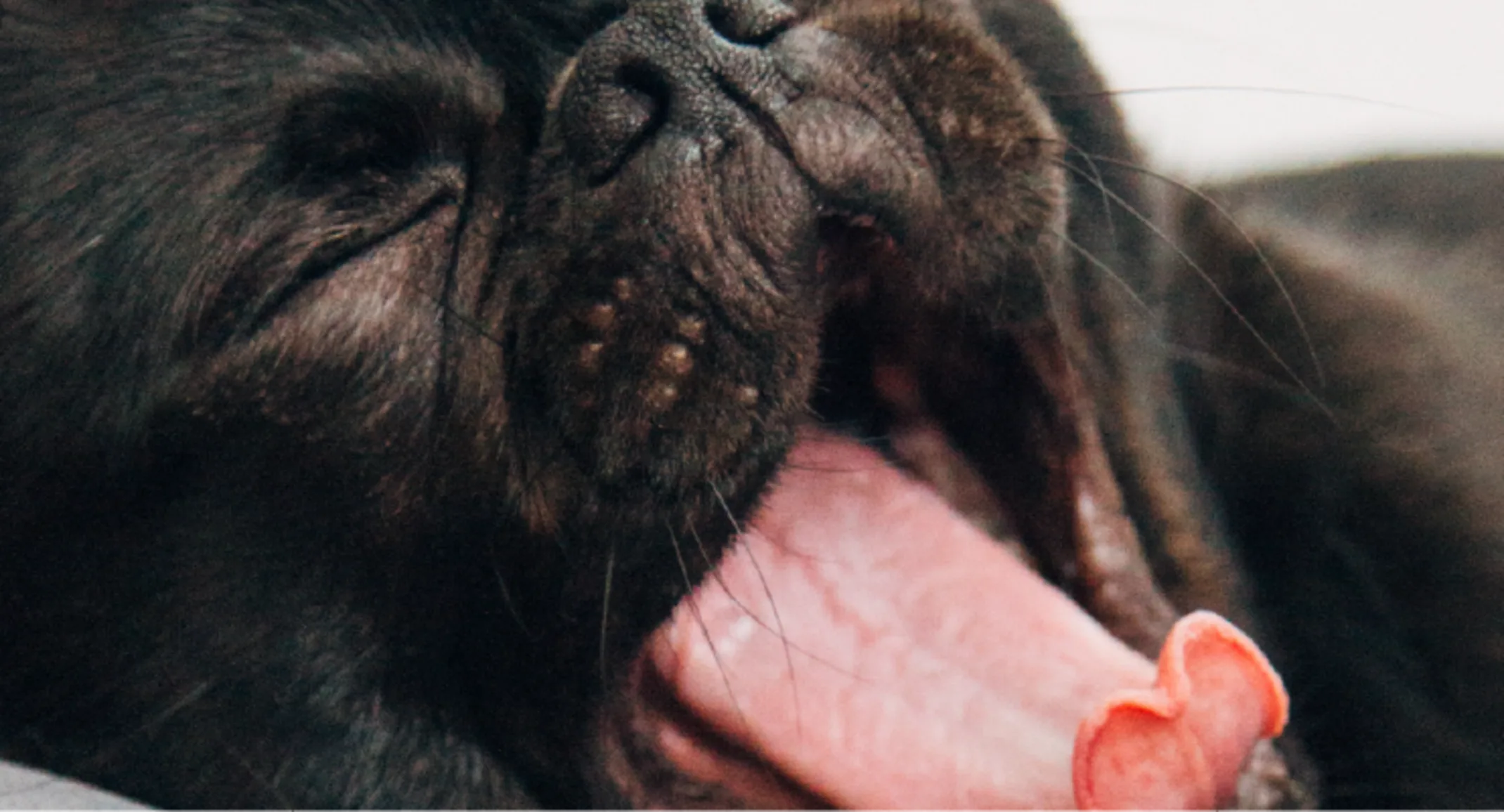Remember Pets During Poison Prevention Week
In The News

National Poison Prevention week has been in the third week of March for over 50 years. While it is a nationally recognized effort geared towards raising awareness of potential poisons in the homes of parents with small children, Arizona Veterinary Emergency & Critical Care Center wants to remind those with pets that they, too, are vulnerable to accidental ingestion of potentially life-threatening things in and around the home.
"Pets are naturally curious and often want to smell, taste, and swallow foods, plants and other items in homes that could be dangerous," said Dr. Brandi Mattison, AVECCC Medical Director. "Poison-proofing your home is an important step towards accidental poisoning. Simple steps, such as making sure your houseplants are non-toxic and storing medications securely, will reduce the possibility that your pets will encounter toxic substances."
The following are common items found within and around the home that are toxic to pets:
Human Foods: Watch out for foods that are poisonous to dogs and cats - raisins, grapes, macadamia nuts, onions, garlic, unbaked yeast bread dough, fatty foods, chocolate, xylitol, and alcohol all have the potential to poison your pets.
Human Medications/Supplements: OTC or prescription medications, such as Tylenol or antidepressants, can cause serious harm to pets when ingested. Certain supplements and vitamins (such as iron, vitamin D, and alpha-lipoic acid) can be highly toxic in overdose situations.
Plants: Some common household plants can be toxic to dogs and cats. Lilies, for example, are extremely poisonous to cats and can cause renal failure. Even the pollen can be dangerous. A quick online search will yield a list of toxic plants to avoid.
Fragrance products/essential oils: Liquid potpourri and many essential oils can be toxic to pets and can even cause chemical burns.
Smoking cessation products (like nicotine gum)/cigarette butts: Nicotine is a poisonous substance to pets. Keep all products and ashtrays out of reach.
Batteries: Some dogs chew on everything. If they chew on something like a remote or cell phone, the batteries can cause poisoning/chemical burns.
Glue: Some glues, such as Gorilla Glue, expand once ingested and require surgical removal. One ounce of glue can expand to the size of a basketball. Keep glues out of reach of your pets.
Cleaning products: Most cleaning products contain chemicals that are toxic. Keep them stored in a secure area and keep your pets away while using.
Rodenticides, insecticides, herbicides, fertilizers, etc.: Most of these products contain toxic chemicals or ingredients that can poison and be potentially life-threatening to your pets. Some, like bone meal or blood meal, can "taste good" to your pets. Keep these products tightly sealed and stored securely. Do not allow pets near areas that they have been treated until the products are dry (if they are "pet safe").
Antifreeze and other automotive products: Ethylene glycol (antifreeze) products are extremely toxic and, unfortunately, have a sweet taste that may be appealing to pets. Clean up spilled antifreeze immediately and choose a propylene glycol-based antifreeze for a safer alternative. Other automotive chemicals, such as brake fluid, can contain methanol which is also toxic to pets.
This list is not exhaustive. Prevention is the best way to keep your pets safe, but awareness of some of the more common symptoms of poisoning in pets is important: Vomiting, diarrhea, drooling/hypersalivating, coughing of blood, pale or discolored gums, racing heart rate, weakness or lethargy, collapse, excessive thirst or urination, black-tarry stool, etc.
If you have any reason to believe that your pet has been poisoned, seek immediate medical attention. Arizona Veterinary Emergency & Critical Care Center offers 24/7 emergency and critical care services, with four board-certified emergency and critical care specialists on staff.
